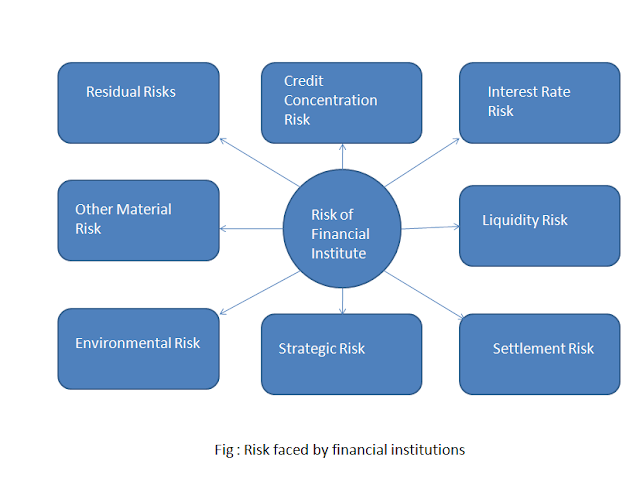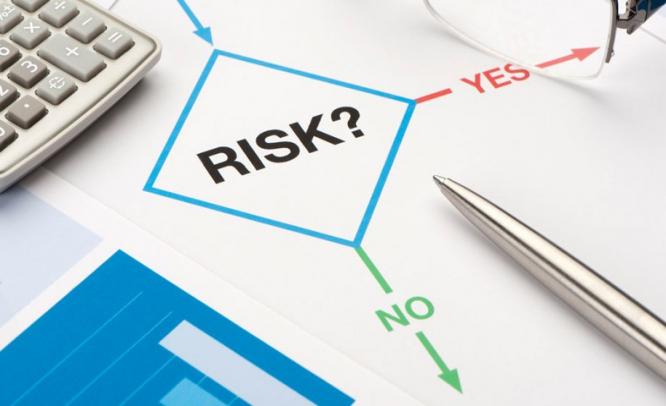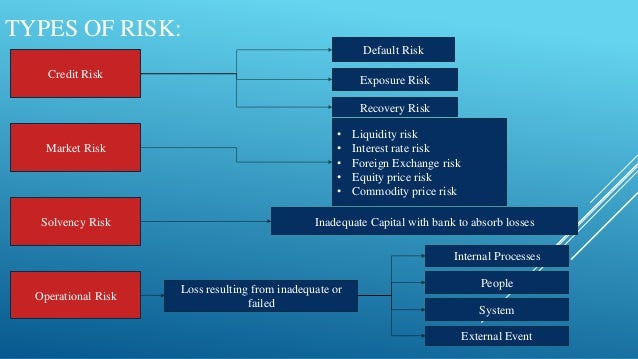What Is Bank Risk Management. Risk management is the process by which a business seeks to reduce or mitigate the possibility of loss or damage inherent in the industry. Risk management is the process of identification, analysis and acceptance or mitigation of uncertainty in investment decisions.

The management risk comes up due to low-standard integrity management.
Risk management is an integral feature of how we measure and manage performance - for individuals, businesses and the Group.
This process involves estimating how much the risk (volatility) of each business unit contributes to the total risk of the bank and, hence, to the bank's overall capital requirements. Management risk arises out of poor quality and lack of integrity of management. Bank Regulation, Risk Management, and Compliance is a concise yet comprehensive treatment of the primary areas of US banking regulation - micro-prudential, macroprudential, financial consumer protection, and AML/CFT regulation - and their associated risk management and compliance systems.








